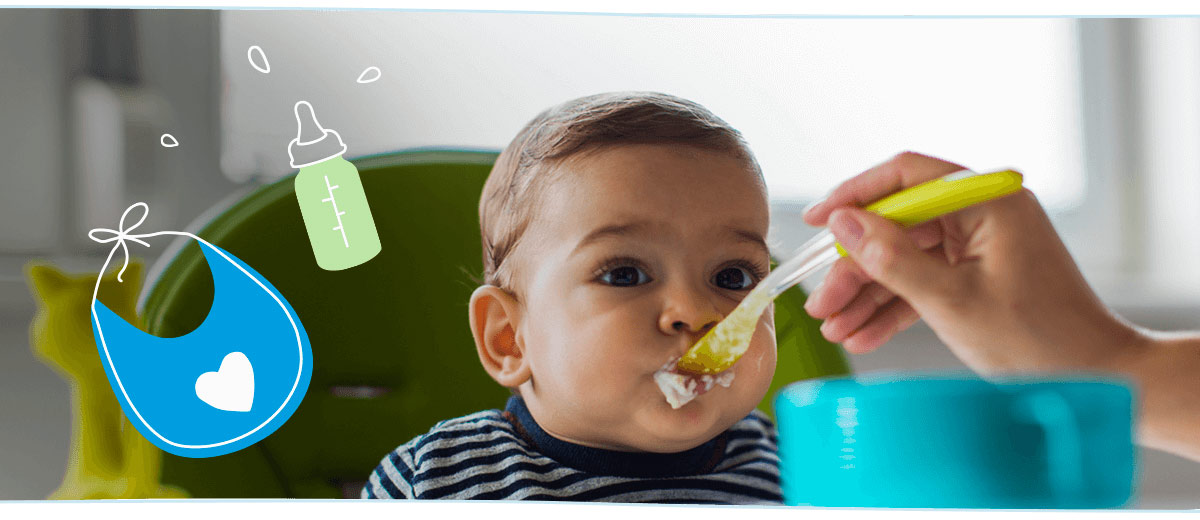Similac.ca says
Links which take you out of Abbott Laboratories worldwide websites are not under the control of Abbott Laboratories, and Abbott Laboratories is not responsible for the contents of any such site or any further kinks from such site. Abbott Laboratories is providing these links to you only as a convenience, and the inclusion of any link does not imply endorsement of the lined site by Abbott Laboratories. Please note, it is possible that such website will only be available in English.





